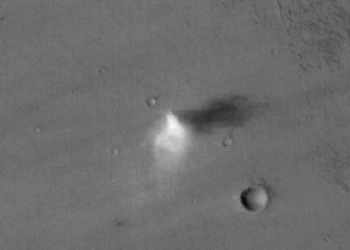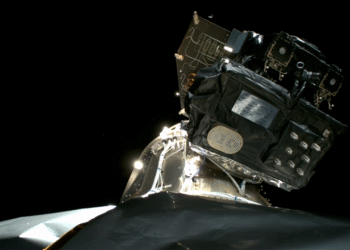The Mars Perseverance Rover has made significant discoveries at the Jezero Crater, shedding light on the planet’s geological history. The rover’s mission is focused on studying the crater’s rocks and sediment to understand the ancient environments that may have supported life.
Jezero Crater is believed to have once hosted a lake, making it an ideal location to study past water activity on Mars. The rover’s array of instruments allows it to analyze the mineral composition of rocks, aiding in reconstructing the planet’s past climate and hydrology.
Key Discoveries
- The rover has identified rocks with high levels of aquatic minerals, indicating prolonged exposure to water.
- It has also found variations in sediment layers, suggesting a complex history of water flow and sediment deposition.
Implications for Martian History
These findings offer clues about the potential for ancient life on Mars. The presence of water-related minerals is particularly crucial, as they can preserve biosignatures. As the mission progresses, the rover will continue to explore different regions of Jezero Crater to uncover more about Mars’ past.
By linking the data from Martian rocks to a larger landscape understanding, scientists aim to piece together a comprehensive picture of the planet’s geological evolution. This research not only enhances our understanding of Mars but also provides insights into planetary processes applicable across the solar system.
For more details, you can visit the full article on the NASA Science blog.






















